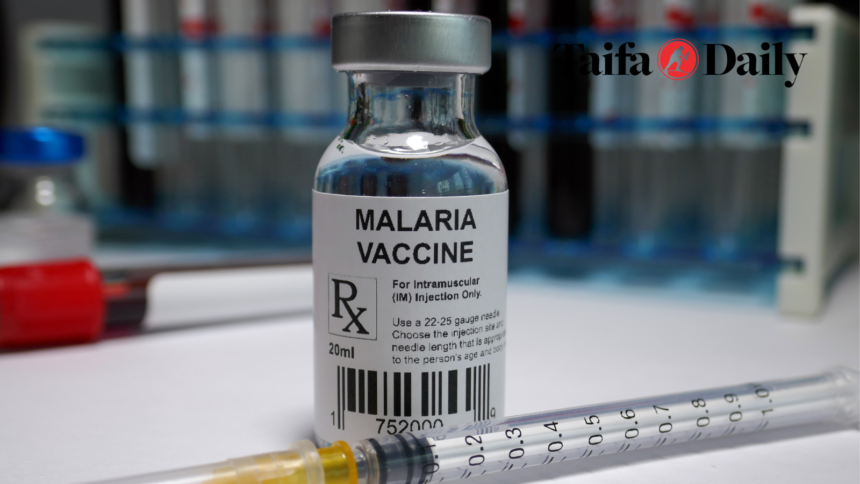In April 2021, Ghana began rolling out a new malaria vaccine known as RTS, S. This vaccine was developed by the pharmaceutical company GlaxoSmithKline and has been developing for over 30 years. The rollout of this vaccine is a significant milestone in the fight against malaria. This disease kills over 400,000 people annually, with most deaths occurring in sub-Saharan Africa.
RTS, S is the first malaria vaccine approved in Africa, where the disease is most prevalent. The vaccine has been shown to provide partial protection against malaria and has been approved for use in children aged six months to two years. The vaccine is administered in four doses over the course of 18 months and is expected to protect for up to four years.
The vaccine rollout in Ghana is part of a pilot program conducted by the World Health Organization (WHO). The program will also be rolled out in Malawi and Kenya, and if successful, the vaccine will be made available in other countries where malaria is a significant problem.
Introducing the RTS S vaccine is a significant development in the fight against malaria. Despite significant progress in reducing the number of malaria cases and deaths over the past two decades, the disease remains a significant problem in many parts of the world. The vaccine has the potential to save thousands of lives and prevent many more from becoming ill.
While the vaccine is not a silver bullet and will not provide complete protection against malaria, it is a significant step forward in the fight against the disease. The vaccine, when combined with other preventive measures such as insecticide-treated bed nets and indoor residual spraying, can significantly reduce the number of malaria cases and deaths.
In conclusion, the rollout of the RTS,S malaria vaccine in Ghana is a significant milestone in the fight against malaria. While there is still much work to be done, the introduction of this vaccine has the potential to save many lives and prevent countless others from becoming ill. With continued investment and research, it is possible that a malaria-free world could one day become a reality.


